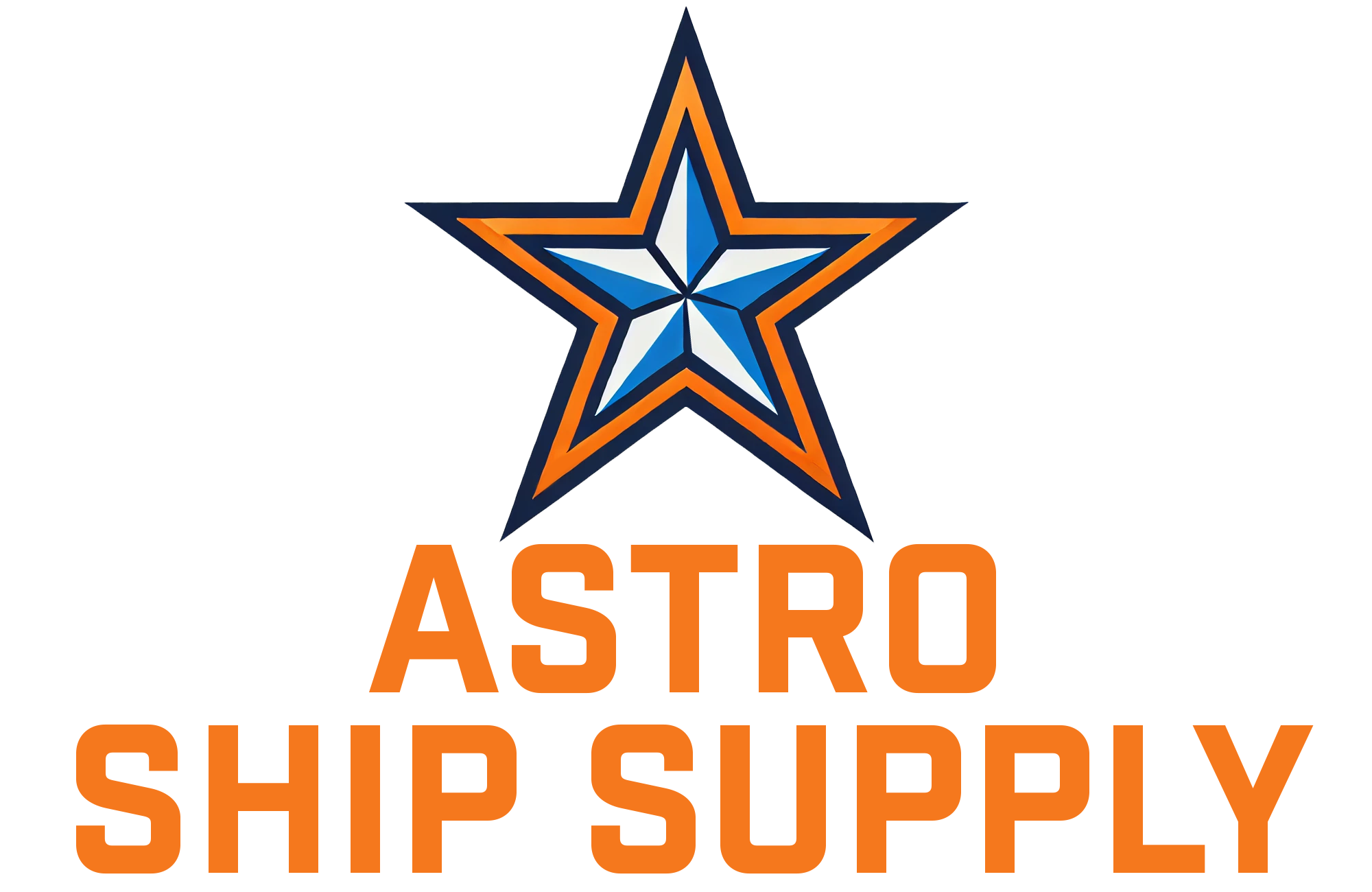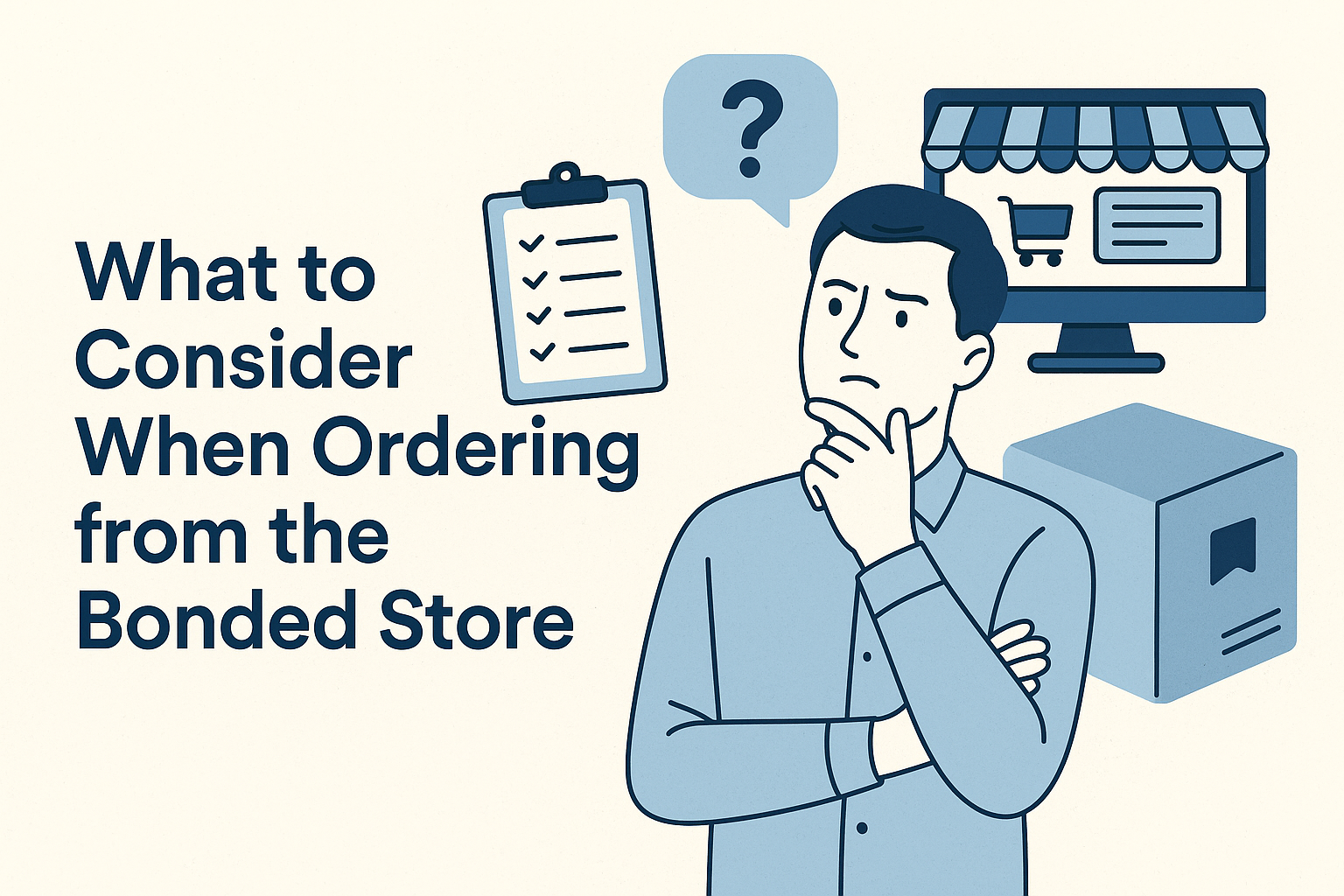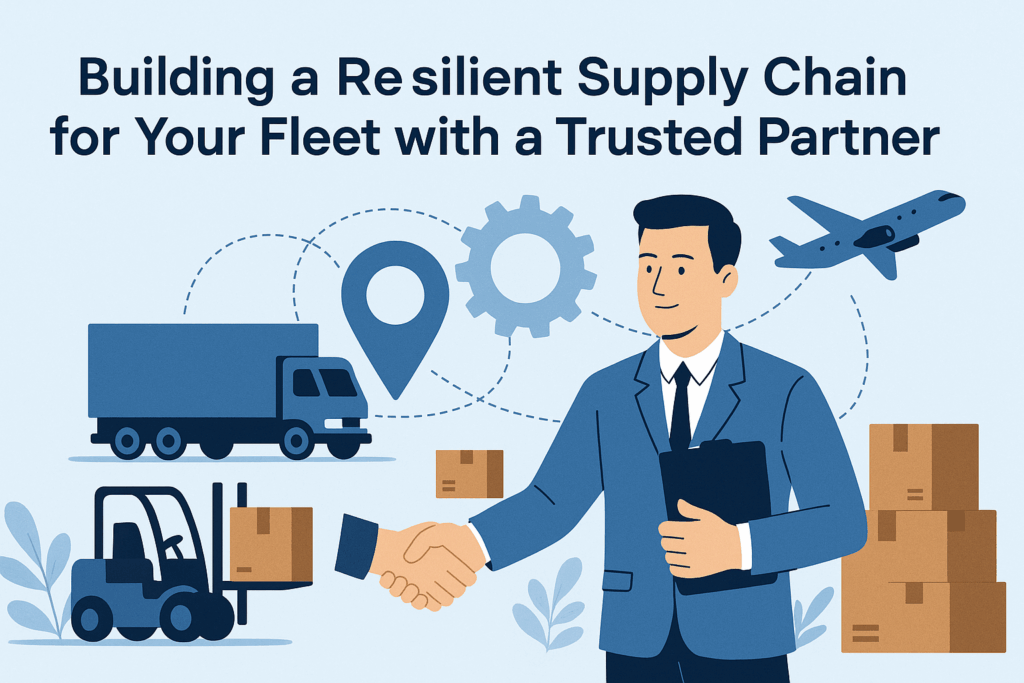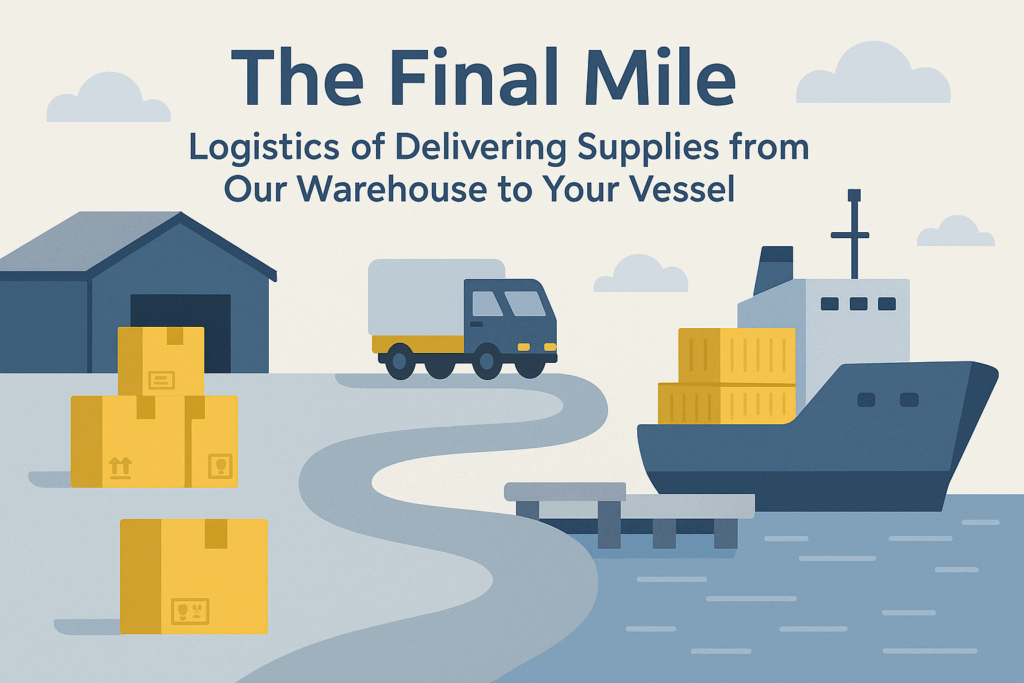INTRODUCTION: Making Informed Choices When Ordering from the Bonded Store: A Guide by Astro Ship Supply
The bonded store on a ship is a unique and essential aspect of maritime operations, serving as a repository for goods on which customs duties and taxes have not yet been paid. These items, ranging from crew provisions and cabin stores to spare parts and even luxury goods, are crucial for the comfort, efficiency, and sometimes even the operational necessity of a vessel during its voyages. However, ordering from the bonded store is not as straightforward as 일반적인 purchasing. It requires careful consideration of various factors to ensure compliance, cost-effectiveness, and the smooth operation of the vessel. At Astro Ship Supply, we understand the nuances of bonded store procurement, and this guide is designed to equip ship operators and purchasing managers with the knowledge needed to make informed decisions.
Navigating the regulations, understanding the available goods, and optimizing the ordering process can significantly impact a vessel’s budget and operational efficiency. This blog post will delve into the key considerations when ordering from a bonded store, drawing upon our extensive experience in ship supply to provide practical insights and actionable advice. Whether you are a seasoned purchasing manager or new to the maritime industry, this comprehensive guide will help you streamline your bonded store procurement process and maximize its benefits.
Key Considerations Before Placing Your Bonded Store Order
Ordering from a bonded store involves more than just selecting items from a catalog. Several critical factors must be taken into account to ensure a successful and compliant procurement process:
- Regulatory Compliance: Understanding and adhering to customs regulations and the specific rules governing bonded stores in different ports is paramount. Non-compliance can lead to significant penalties, delays, and even the seizure of goods.
- Vessel’s Voyage and Crew Needs: The duration and destination of the voyage, along with the number and specific needs of the crew, will dictate the types and quantities of provisions and stores required. Accurate forecasting is crucial to avoid shortages or excessive stock.
- Budgetary Constraints: Like any procurement process, ordering from the bonded store must align with the vessel’s budget. Careful planning and price comparison are essential to optimize costs without compromising quality.
- Storage Capacity and Conditions: The vessel’s storage capacity and the required storage conditions for different types of goods (e.g., refrigerated, dry, hazardous) must be considered to prevent spoilage or safety issues.
- Lead Times and Availability: The time required for processing the order and delivering the goods to the vessel, as well as the availability of specific items in the bonded store, should be factored into the ordering timeline.
- Quality and Shelf Life: Ensuring the quality of the goods, especially provisions, and considering their shelf life are critical for crew health and safety, as well as minimizing waste.
- Documentation and Reporting: Accurate record-keeping of all bonded store transactions, including order forms, delivery receipts, and consumption reports, is essential for compliance and inventory management.
A Detailed Look at What to Consider: Expanding on the Essentials
Let’s delve deeper into some of the most crucial aspects to consider when ordering from a bonded store:
Regulatory Compliance: Navigating the Legal Landscape
Customs regulations governing bonded stores can vary significantly between countries and even ports. It is imperative to have a clear understanding of the specific rules applicable to your vessel’s itinerary. This includes:
- Import and Export Restrictions: Certain goods may be subject to import or export restrictions in specific regions.
- Duty-Free Allowances: Understanding the duty-free allowances for crew members in different ports can help optimize purchases for personal consumption.
- Documentation Requirements: Accurate and complete documentation, including customs declarations and bonded store manifests, is crucial for smooth clearance.
- Inspection Procedures: Be aware of potential customs inspections and ensure that all goods are properly declared and stored.
- Penalties for Non-Compliance: Familiarize yourself with the potential penalties for violating bonded store regulations, which can range from fines to the seizure of goods.
Astro Ship Supply Insight: We maintain up-to-date knowledge of international customs regulations and can provide guidance to our clients to ensure full compliance when ordering from bonded stores through our services. Learn more about our bonded store services.
Vessel’s Voyage and Crew Needs: Planning for the Journey Ahead
Accurate forecasting of the vessel’s needs is essential for efficient bonded store procurement. Consider the following:
- Voyage Duration and Route: Longer voyages will require larger quantities of provisions and stores. The route may also influence the types of goods needed (e.g., specific dietary requirements in certain regions).
- Crew Size and Composition: The number of crew members and their nationalities may influence the types and quantities of provisions and cabin stores required.
- Operational Requirements: Certain voyages or operations may necessitate specific technical stores or spare parts to be readily available in the bonded store.
- Crew Comfort and Well-being: Providing a variety of quality provisions and cabin stores contributes to crew morale and well-being, which is crucial for operational efficiency and safety.
Case Study: A cargo vessel embarking on a three-month voyage with a multinational crew needed to ensure an adequate supply of diverse provisions catering to different dietary preferences. By working closely with Astro Ship Supply, the vessel’s purchasing manager was able to accurately forecast the required quantities and types of food, beverages, and other consumables, ensuring crew satisfaction throughout the voyage.
Budgetary Constraints: Balancing Needs with Costs
Cost-effectiveness is a key consideration in bonded store procurement. Strategies to optimize costs include:
- Price Comparison: Obtain quotes from multiple bonded stores or suppliers to ensure competitive pricing.
- Bulk Purchasing: Where feasible and storage conditions allow, purchasing in bulk can often lead to significant cost savings.
- Negotiating Discounts: Establish relationships with reliable suppliers and negotiate favorable terms and discounts.
- Avoiding Waste: Accurate forecasting and proper storage can help minimize spoilage and waste, reducing overall costs.
Storage Capacity and Conditions: Ensuring Safe and Efficient Stowage
The vessel’s storage capabilities will dictate the quantities and types of goods that can be ordered from the bonded store. Consider:
- Available Space: Ensure that there is sufficient space to store the ordered goods without overcrowding or creating safety hazards.
- Temperature Control: Different goods require specific temperature ranges for storage (e.g., frozen, refrigerated, ambient). Verify that the vessel’s storage facilities can accommodate these requirements.
- Segregation of Goods: Certain types of goods, such as hazardous materials or incompatible provisions, must be stored separately to prevent accidents or spoilage.
- Security: Bonded stores must be secure to prevent unauthorized access and ensure compliance with customs regulations.
Comparative Analysis: Bonded Store vs. Regular Supply
Understanding the differences between ordering from a bonded store and 일반적인 ship supply channels is crucial for making informed decisions:
| Feature | Bonded Store | Regular Ship Supply |
|---|---|---|
| Customs Duties & Taxes | Exempt (until cleared for consumption in a non-bonded area) | Applicable |
| Purpose | Consumption or use on board the vessel during international voyages | General use, including while in port |
| Regulations | Strict customs regulations and documentation requirements | Standard commercial transactions |
| Availability | Specific to ports with bonded store facilities | Generally more widely available |
| Cost | Potentially lower due to tax exemption, but subject to bonded store markups | Market-driven pricing |
| Documentation | Extensive customs documentation required | Standard commercial invoices and delivery notes |
This comparison highlights the unique nature of bonded store procurement and the importance of understanding its specific regulations and benefits.
Alıntılanabilir Madde Listeleri: Best Practices for Bonded Store Ordering
To optimize your bonded store ordering process, consider these best practices:
- Plan Ahead: Allow sufficient lead time for order processing and delivery, especially for long voyages or specific requirements.
- Communicate Clearly: Ensure clear and detailed communication between the vessel’s crew, purchasing department, and the bonded store supplier.
- Maintain Accurate Records: Keep meticulous records of all orders, deliveries, and consumption to ensure compliance and facilitate future planning.
- Regularly Review Inventory: Monitor the stock levels in the bonded store to identify slow-moving items and optimize future orders.
- Build Strong Supplier Relationships: Establish reliable relationships with reputable bonded store suppliers who offer quality goods and efficient service.
- Stay Updated on Regulations: Keep abreast of any changes in customs regulations and bonded store procedures.
- Utilize Technology: Explore inventory management software and digital ordering platforms to streamline the process.
- Conduct Regular Audits: Periodically audit bonded store inventory and procedures to identify areas for improvement.
- Train Personnel: Ensure that crew members involved in bonded store ordering and management are properly trained on relevant regulations and procedures.
- Seek Expert Advice: Don’t hesitate to consult with experienced ship supply companies like Astro Ship Supply for guidance on complex bonded store requirements.
Extended FAQ Section (Potential for Google Snippets)
What types of goods are typically available in a bonded store?
Bonded stores typically offer a wide range of goods, including crew provisions (food and beverages), cabin stores (toiletries, linens), tobacco and alcoholic beverages, spare parts, lubricants, cleaning supplies, and sometimes even luxury goods for crew purchase.
Who is eligible to purchase goods from a bonded store?
Generally, purchases from a bonded store are restricted to the crew and passengers of vessels engaged in international voyages. The goods are intended for consumption or use on board the vessel and are exempt from customs duties and taxes until they are cleared for consumption in a non-bonded area.
What documentation is usually required when ordering from a bonded store?
Commonly required documentation includes the vessel’s details (name, IMO number), port of call, voyage details, crew list, a detailed order form specifying the items and quantities, and potentially customs declarations or bonded store manifests. The specific requirements may vary depending on the port and customs regulations.
How can Astro Ship Supply assist with bonded store orders?
Astro Ship Supply offers comprehensive bonded store services, including expert guidance on regulations, efficient order processing, sourcing of a wide range of quality goods, reliable delivery to your vessel, and assistance with customs documentation. We leverage our experience and network to ensure a smooth and compliant bonded store procurement process for our clients. Contact us for more information.
What are the potential risks of non-compliance with bonded store regulations?
Non-compliance with bonded store regulations can lead to serious consequences, including significant fines, delays in port clearance, confiscation of goods, and even legal repercussions for the vessel operator and crew. Adhering to all applicable customs rules is crucial to avoid these risks.
CONCLUSION: Navigating Bonded Store Procurement with Confidence and Expertise
Ordering from a bonded store requires a thorough understanding of regulations, careful planning, and attention to detail. By considering the factors outlined in this guide and adhering to best practices, ship operators and purchasing managers can ensure a compliant, cost-effective, and efficient procurement process. Astro Ship Supply is committed to providing the expertise and support you need to navigate the complexities of bonded store ordering with confidence. Our comprehensive services and deep industry knowledge make us your reliable partner in ensuring your vessel’s needs are met seamlessly and in full compliance with all applicable regulations.
For expert assistance with your bonded store requirements and to learn more about how Astro Ship Supply can streamline your procurement process, please contact our dedicated team today. We are here to help you navigate the seas of ship supply with ease and efficiency.






